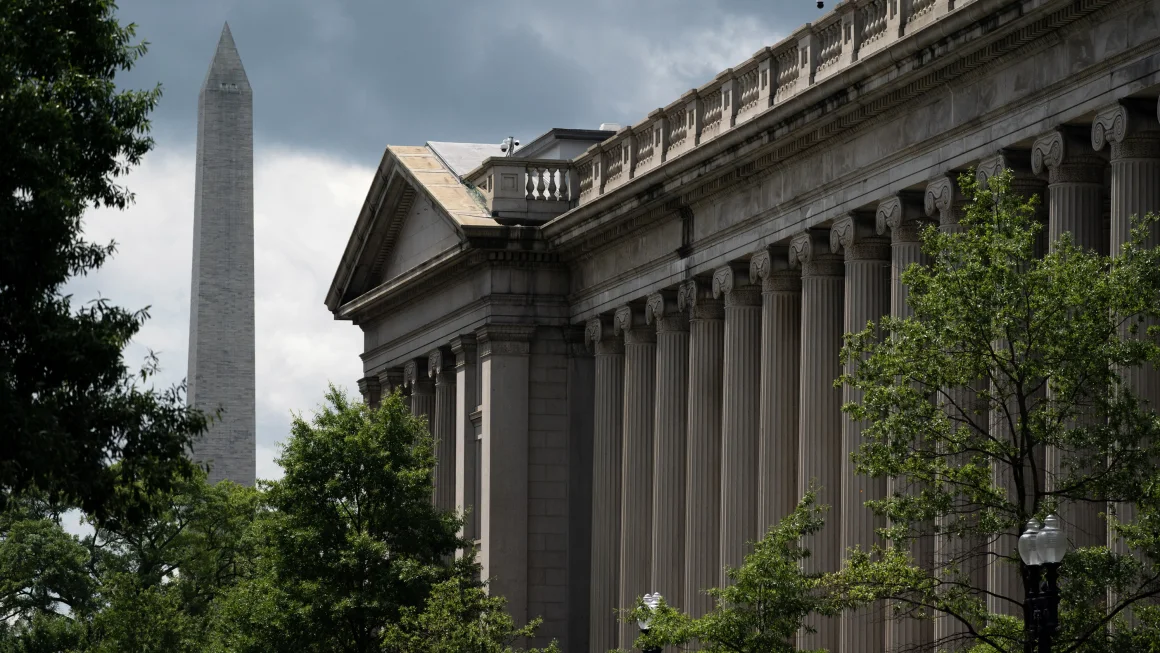$88 trillion in debt and a wave of elections. Leaders are hamstrung.

$88 trillion in debt and a wave of elections. Leaders are hamstrung.
The world’s leaders are gathering at Davos this week to discuss the most pressing issues of the day.
There is no shortage of talking points these days, with wars, a shipping crisis, cyberattacks on state institutions and further evidence of a climate emergency.
When governments owe $88 trillion in dept – almost the world’s annual economic output – it will be difficult to turn ideas into action.
Several large economies are likely to break debt records as a result of this year’s new borrowing, leaving governments less capable.
Even without a new crisis, soaring debt servicing costs will constrain efforts to combat climate change and care for the aging population.
$88 trillion in debt successive budget cuts, many countries’ public services are already stretched.
Michael Saunders, a former member of the Bank of England’s monetary policy committee, said governments incapable of financing their debt would be forced to cut spending or increase taxes.
Such a government may not have the fiscal space to respond to future adverse shocks, preventing fiscal support when it is most needed.”.
Saunders, who now works as a senior economic adviser at Oxford Economics, does not believe rich economies are approaching a personal credit limit and believes investors will continue to buy government debt. That’s not to say the limit won’t be tested “10, 20, 30 years from now.”
As a result of former Prime Minister Liz Truss’ plans to issue more debt in order to pay for tax cuts, the pound and UK government bonds, or gilts, sold off sharply in September 2022. As investors demanded much higher premiums for owning UK debt, mortgage rates and other borrowing costs soared.
